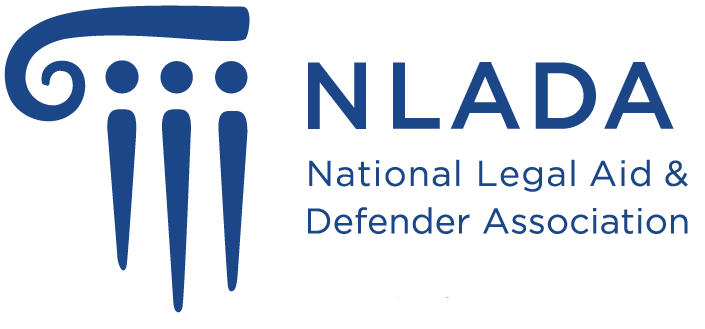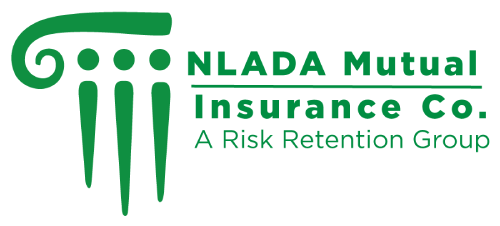The underlying causes of health problems are frequently social or environmental factors that have a legal remedy. Medical-legal partnerships bring legal advocacy together with healthcare services to optimize health outcomes, and almost 300 healthcare institutions in the United States now maintain a medical-legal partnership of some kind.
Since 2014, NLADA has worked with the National Center for Medical-Legal Partnership to organize the Where Health Meets Justice fellowship, designed to build healthcare expertise in the civil legal aid community. The fellowships bring legal services program leadership together with faculty who are national experts in healthcare financing, public health systems, data collection, and healthcare reform. They provide multiple training, networking and support opportunities, including at the Equal Justice Conference. The fellowship application period will open in the spring of 2016.
The Social Determinants of Health
In the U.S. and across the world, health is strongly correlated with wealth. Low-income people are overwhelmingly more likely to suffer chronic health conditions, and the difference in life expectancy between the richest and poorest Americans is more than ten years. These dramatic differences result from “social determinants”: the conditions in which people live and work, including their ability to access medical treatment and the systems that provide assistance to particular groups, such as veterans or families in poverty.
The legal dimension of negative social determinants is sometimes clear – when illness is caused by unsanitary housing, for example, legal action can force landlords to meet health codes – but it is often more nuanced, as with the person whose chronic condition deteriorates because he or she cannot afford treatment after having disability benefits unfairly denied. In either case, legal aid lawyers are uniquely qualified to identify and challenge laws unfairly applied and protections under-enforced. Most frequently, these occur in the areas of housing and landlord-tenant issues, income maintenance, and domestic violence protection.
How Do Medical-Legal Partnerships Work?
Typically, financial support is provided by private benefactors or healthcare institutions to host a legal aid attorney who will advocate for patients and resolve their immediate legal needs, to train health care practitioners to spot when legal issues are adversely affecting their patient, and to look for patterns that reveal a need for systemic change.
If you are a civil legal aid provider practicing medical-legal partnership or interested in pursuing one, contact [email protected].
Submit a workshop proposal or research abstract for the 12th annual Medical-Legal Partnership Summit
“Integrating Health and Legal Services to Transform Care Delivery”
Hosted by The National Center for Medical-Legal Partnership
April 5-7, 2017 • National Harbor, Maryland
Headlined by keynote speaker Dr. Jeff Brenner from the Camden Coalition of Healthcare Providers, the 2017 Medical-Legal Partnership Summit will host leaders and practitioners from the public and private sectors for a national conversation about how to integrate health and legal services to better address the social determinants of health. As the nation moves toward a system of value-based healthcare, the Summit is a chance for those in the allied health, health, law, and public health fields to share research, insights, and best practices about where and how to most effectively integrate civil legal assistance with healthcare and community services to improve individual and population health, and to transform the nation’s healthcare system to be one based on value and health equity. Sixty LSC-funded legal aid agencies already embed lawyers at hospitals and health centers across the country. The National Center for Medical-Legal Partnership is currently accepting submissions for two types of Summit content: (1) proposals for workshop sessions; and (2) research abstracts for oral and poster presentations. Click here for submission guidelines and more information about the conference.

